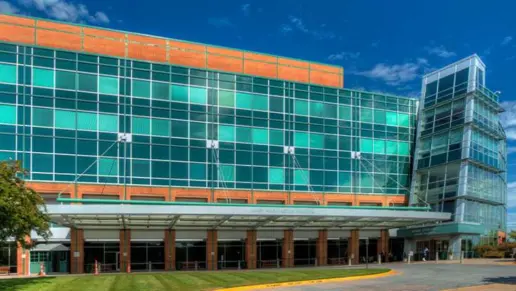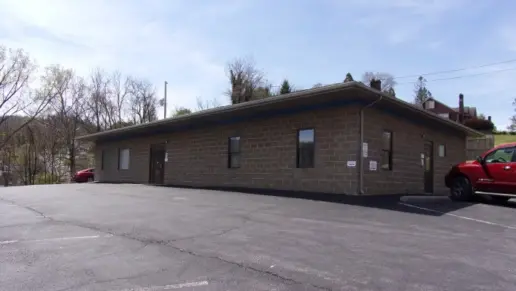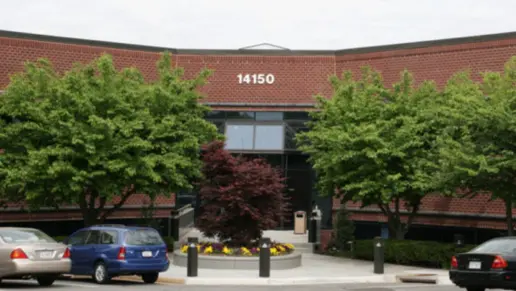About The CARITAS Healing Place for Men
The CARITAS Healing Place for Men provides drug and alcohol rehab services in gender specific settings for young adults and adults in Mechanicsville, Virginia. Their addiction treatment services include residential drug and alcohol rehab, an intensive outpatient program, sober living, and aftercare services. A separate program is available for women.
The Healing Place is a long-term residential addiction treatment program. Treatment begins with an assessment to determine individual needs, which informs an individualized treatment plan. Clients benefit from peer based support, employment opportunities, workforce development programs, psychoeducation, enrollment in 12 Step programs, and skills development classes.
The CARITAS Healing Place for Men also offers their addiction treatment program on an intensive outpatient basis to individuals with a substance use disorder and mental health diagnosis. Participants attend individual and group treatment sessions for improved coping skills, peer support, medication management, and recovery support meetings. Sessions are held three to four days a week.
Their recovery residence is designed to support individuals who have completed residential or outpatient treatment but require transitional support prior to returning to their community. Clients live in a recovery residence at the CARITAS Recovery Residence facility with other sober individuals and benefit from peer support services, vocational support, and recovery coaching.
All alumni receive continual care and support. Alumni often become mentors for new clients. Referrals to outside treatment facilities or within the CARITAS network may be available for clients with acute health issues.
The CARITAS Healing Place offers self-pay options. The program costs $17 per day. Additional services may accrue additional fees; please check your coverage from insurance providers like Aetna, Beacon, BlueCross/BlueShield, Cigna, Humana, and Optum for out of network benefits.
Latest Reviews
Rehab Score
Gallery
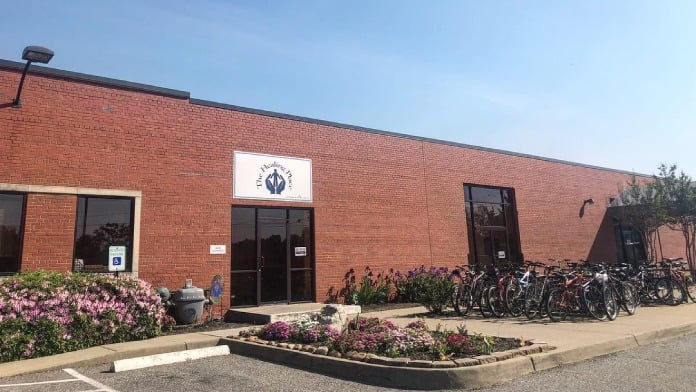
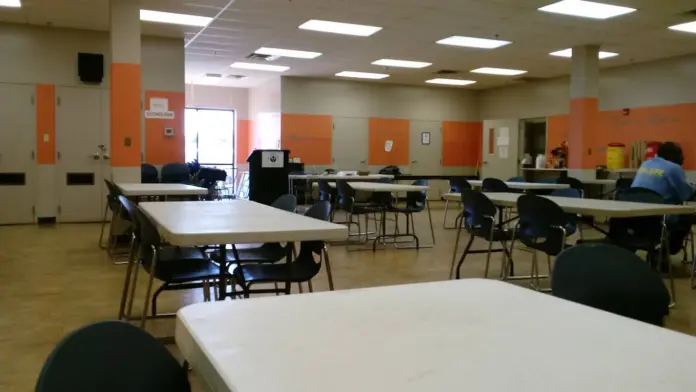

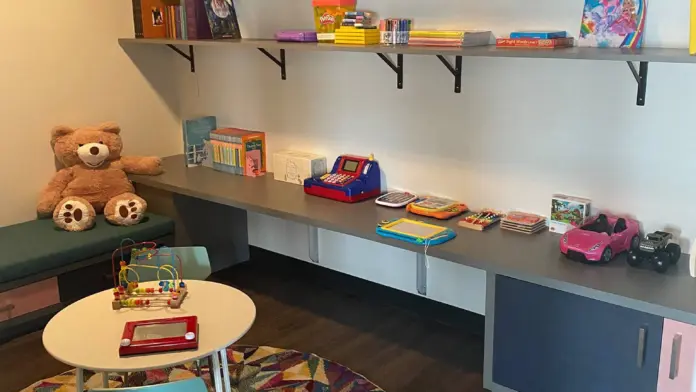
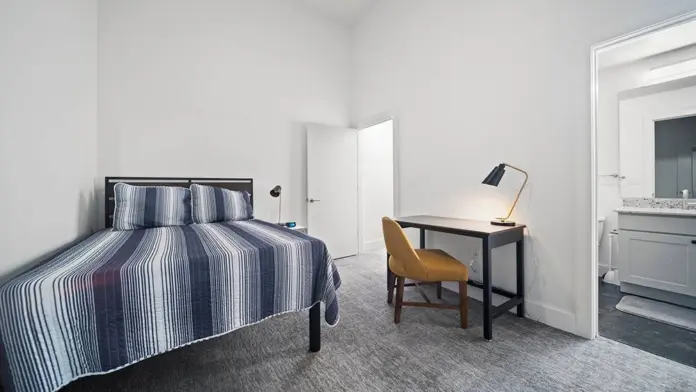
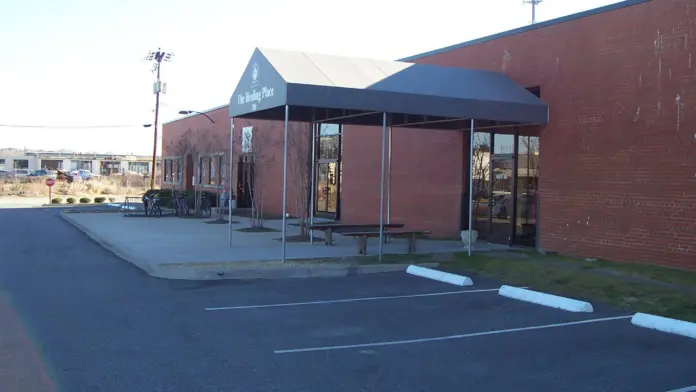
Location
Other Forms of Payment
Private insurance refers to any kind of healthcare coverage that isn't from the state or federal government. This includes individual and family plans offered by an employer or purchased from the Insurance Marketplace. Every plan will have different requirements and out of pocket costs so be sure to get the full details before you start treatment.
Self-pay involves paying for treatment out of your own pocket. You can use savings or credit, get a personal loan, or receive help from family and friends to fund your treatment. If you don't have insurance or your insurance plan doesn't cover a specific program, self-pay can help ensure you still get the care you need.
Addiction Treatments
Levels of Care
Programs

Clinical Services
When men and women in Virginia participate in group therapy sessions, they learn to freely express their emotions in a non judgmental setting. This helps you process your feelings and begin to understand the link between your thoughts, feelings, and behaviors that are associated with addictive behavior.
Men and women in Virginia use individual therapy to focus on addiction related challenges as a necessary part of their drug and alcohol addiction treatment. Your therapist guides you in developing coping strategies, setting realistic goals, and building a strong foundation for an improved quality of life.
If you and your partner are facing challenges, couples therapy in Virginia is designed to help you work through those in a healthy way. Common challenges that couples therapy addresses include conflict resolution, financial disagreements, intimacy challenges, health issues, and substance abuse.
Family therapists work with all members of the family to understand the roles they play in the addiction dynamic. Addressing these patterns is crucial to developing healthier ways to interact and support each other, as well as contributing to a more effective recovery for their loved ones.
Staff

President and Chief Executive Officer
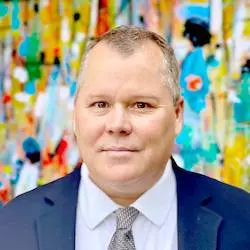
Chief Financial Officer

Chief Program Officer
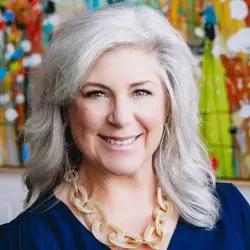
Chief Advancement Officer
Contact Information
700 Dinwiddie Ave
Richmond, VA 23224
